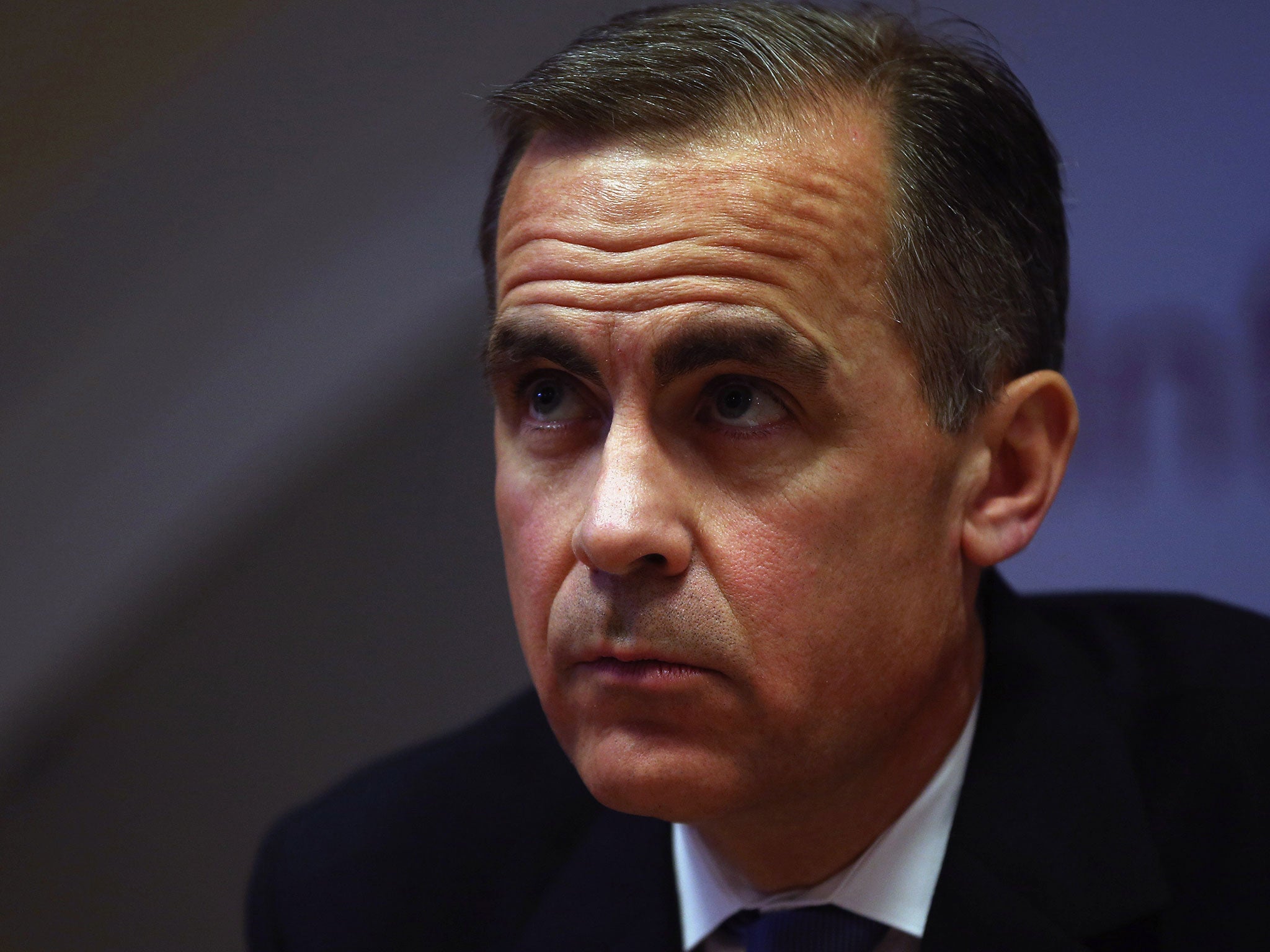UK and US play out financial 'war game' to test response to collapse of bank considered 'too big to fail'
Chancellor George Osborne and Bank of England governor Mark Carney were expected to join US officials for the exercise

Financial chiefs from the UK and the US were today due to take part in a "war game" to gauge how they would respond to the collapse of a huge multi-national bank.
Chancellor George Osborne and Bank of England governor Mark Carney were expected to join US Treasury secretary Jacob Lew and Federal Reserve chairwoman Janet Yellen for the exercise, which was due to be held behind closed doors in Washington.
Finance ministers and central bankers from around the globe have been in the city this weekend for meetings of the International Monetary Fund and World Bank, which wrapped up on Sunday.
Earlier, finance ministers from the world's largest economies had met to address continuing efforts to strengthen financial regulation to prevent a repeat of the 2008 financial crisis.
Today's exercise has been designed to test whether the new rules for regulating banks would work following the collapse of a bank considered too big to fail, The Guardian reported.
According to the paper, Mr Osborne said: "We will work through how we would respond to the failure of a cross-border firm. We are going to make sure we could handle an institution previously regarded as too big to fail."
G20 finance ministers and central bank presidents met for talks in advance of the annual meetings of the 188-nation IMF and its sister lending institution, the World Bank.
Following two days of discussions, the G20 finance ministers unveiled plans for a world initiative, to build roads and other infrastructure projects to help boost global growth by two trillion dollars (£1.25tn) over the next five years and create millions of jobs.
They have however conceded that this will not help with the pressing problems of weak growth in Europe and other parts of the world.
Mr Lew said governments in Europe, Japan and China were failing to deliver needed support.
Join our commenting forum
Join thought-provoking conversations, follow other Independent readers and see their replies
Comments